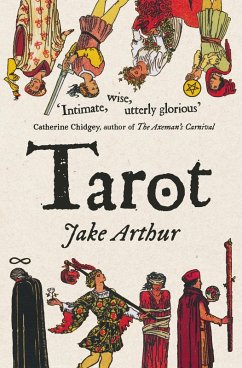A system of government primary schools for Maori children created by Parliament in 1867 was regarded as a temporary measure until they learnt English and were Europeanised. But it lasted for 100 years despite criticisms of ' separatism' and ' pampering' of Maori.Official policies for the schools reflected European attitudes towards Maori, including the view that they were particularly suited to a practical, non-academic type of schooling leading to manual and domestic occupations. The policy of assimilation, designed to turn Maori into brown Europeans, was not modified until the 1930s when a cultural renaissance led by Apirana Ngata, combined with influences from anthropology and Britain's African education policies, contributed to a limited form of bi-culturalism.
Dieser Download kann aus rechtlichen Gründen nur mit Rechnungsadresse in A, B, BG, CY, CZ, D, DK, EW, E, FIN, F, GR, HR, H, IRL, I, LT, L, LR, M, NL, PL, P, R, S, SLO, SK ausgeliefert werden.









